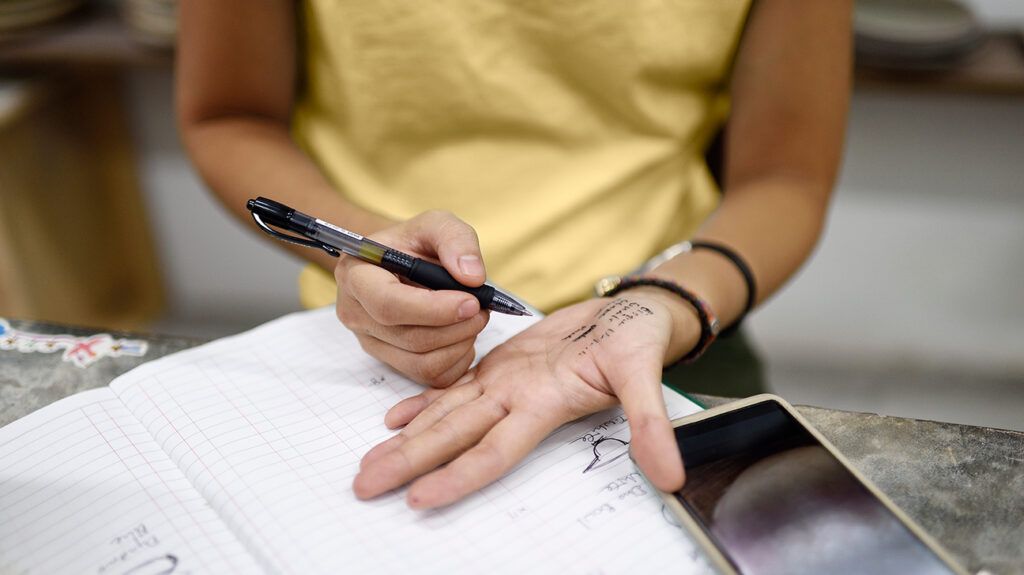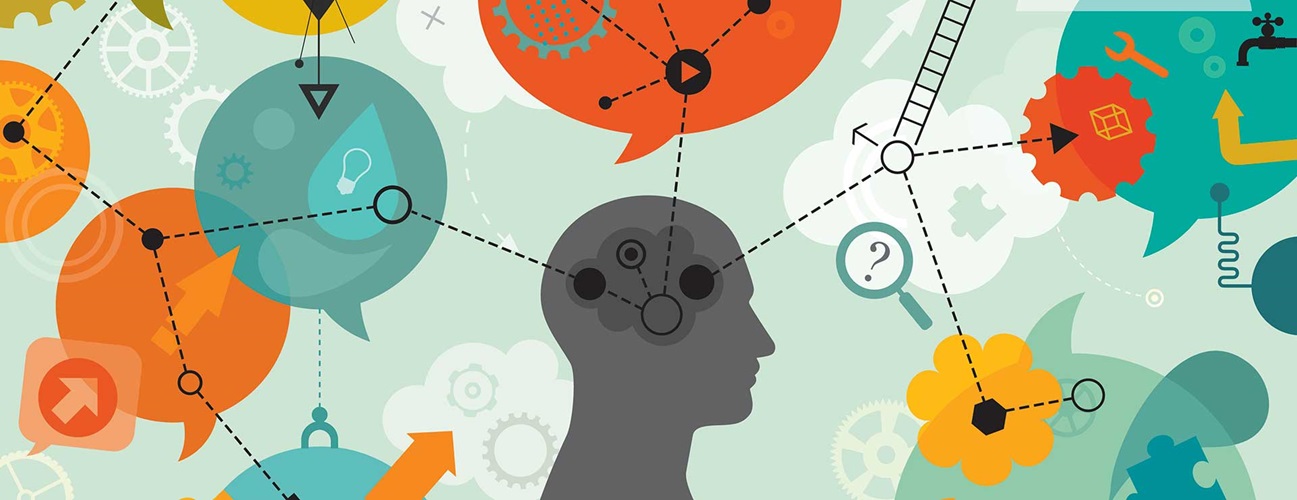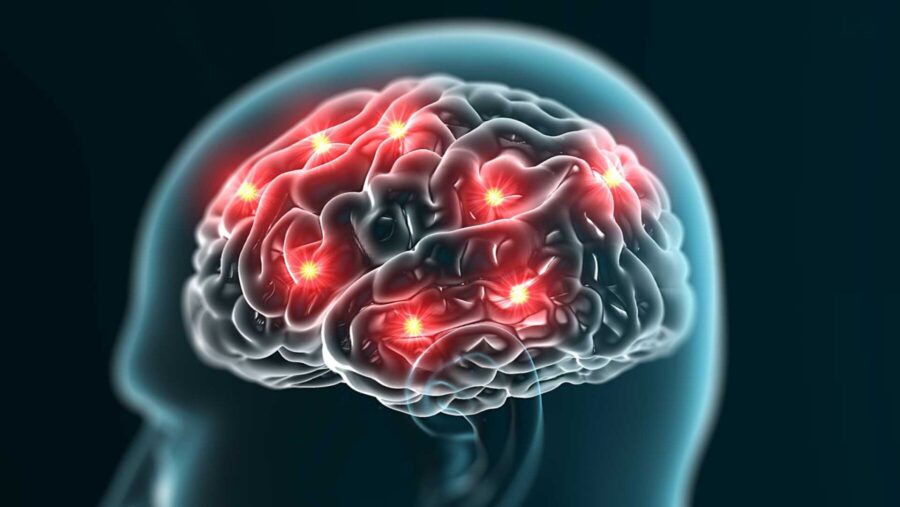Are you looking for ways to improve your memory and recall? In today’s increasingly competitive world, having a sharp memory is essential. But how can we boost our ability to remember facts, figures, and other information quickly and easily? This article introduces the Quick Learning Toolbox: Strategies to Boost Memory and Recall.
Drawing on a range of techniques from cognitive science research, this toolbox offers simple yet powerful strategies that are applicable in any situation. From enhancing memorization skills through repetition and visualization to improving retention by using mnemonics or stories, this guide will help you unlock the power of your mind.
With these effective strategies in hand, you’ll be able to master anything you set out to learn with ease!
Utilizing Mnemonic Devices

Mnemonic devices are a powerful tool for boosting memory and recall. They provide an easy-to-remember structure that allows you to remember facts, figures, names, dates, or other data.
For example, the acronym ROY G BIV is used to remember all seven colors in the rainbow (red, orange, yellow, green blue indigo, and violet). Mnemonics can also be used as a storytelling technique such as using a sentence with each letter of the mnemonic like Richard Of York Gave Battle In Vain. By utilizing these tools effectively you can increase your ability to quickly learn new information and retain it longer.
There are many different types of mnemonics available depending on what type of information needs to be remembered. Acronyms use letters from words or phrases; acrostics use sentences where each word starts with a letter from a name; rhymes pair two ideas together by creating an easily remembered phrase; visualization involves mentally picturing something related to what being memorized while peg words assign numbers one through ten words that rhyme so they can more easily associate them with something else they need to remember (e.
g., one is bun).
Whichever method best helps you process and store the information in your brain is up to you!
Stimulating the Brain with Puzzles and Games

When it comes to stimulating the brain with puzzles and games, there is no better way than to challenge yourself. Puzzles such as crosswords, Sudoku, and word searches can help you sharpen your problem-solving skills.
They also test your memory recall by forcing you to remember words or patterns that will aid in completing the puzzle. Games such as chess and checkers are great for sparking strategic thought processes while card games like poker and blackjack require mental acuity and a good memory of what cards have already been played.
It’s important to note that these activities don’t just benefit adults – children too can exercise their brains through various puzzles and games! By incorporating these tools into our daily lives we can give ourselves an edge in quick learning potential.
Practicing Mindful Meditation

Mindful meditation is a great way to quickly learn and access new information. It can help you with memory recall, focus, and concentration which are all essential for learning.
This practice allows us to maintain our mental clarity as we absorb large amounts of data to understand complex concepts. To get started with mindful meditation, start by finding a quiet place where you can sit comfortably without distractions.
Close your eyes and take some deep breaths while focusing on the sound of each breath entering and exiting your body. As thoughts begin to enter your mind try not to be hard on yourself if they do not immediately go away – simply acknowledge them before refocusing back onto your breathing pattern.
Make sure not to let any negative emotion or thought cloud the process – just observe it calmly before letting it pass away like a wave in an ocean of peace and stillness that mindfulness brings about with repetition over time. With regular practice, mindful meditation will become easier each day as more positive energy will fill up within you making it easier for data absorption as well as improved memory recall abilities when needed most!
Making Connections to Strengthen Memory

Making connections is a powerful tool for strengthening memory and recall. It helps to bridge gaps between the facts and ideas that we learn, creating an interlinked web of information in our minds that can be easily accessed when needed.
Connecting related items or concepts helps us better understand them and remember them more effectively. It also makes the process of learning much more enjoyable as it gives our brains another way to interact with material beyond memorizing individual pieces of information.
By making connections, we actively engage with the material which leads to deeper understanding, improved comprehension, and longer-term retention.
Enhancing Focus and Attention Span

When it comes to increasing focus and attention span, there are several strategies you can use to help boost your memory and recall. The first step is ensuring that you are getting quality sleep each night.
Studies have shown that even a single night of poor sleep can lead to decreased focus levels the next day. Additionally, developing good study habits is important for optimizing concentration over time.
This includes creating a consistent routine where learning occurs in the same place at the same time each day, as well as taking regular breaks throughout studying sessions so that your mind stays energized and focused on the material it’s trying to absorb. In addition to these basic steps, incorporating mental exercises into your daily life may be beneficial when striving for greater focus and attention span.
Puzzles like crosswords or Sudoku not only provide fun challenges but also stimulate problem-solving skills which can improve cognitive functioning in other areas such as memory retention or comprehension of complex materials. Exercise has been found to have positive effects on cognition too; incorporating physical activity into an otherwise sedentary lifestyle will give both body and brain an extra boost! Finally, mindfulness activities such as meditation or yoga could help reduce stress levels while simultaneously strengthening concentration abilities—a win-win situation! All of these techniques should work together synergistically towards enhancing overall mental performance when learning new information or reviewing existing knowledge
Conclusion
Gizmo is a great tool for boosting memory and recall. It offers an array of strategies that are easy to learn, quick to use, and can help improve your overall learning skills.
With Gizmo, you can create visual cues or mnemonics to help remember concepts better, practice active recall techniques like spaced repetition and retrieval practice, and even develop mental models of information. All these strategies come together in one convenient package so you can quickly master any subject with ease.
Try Gizmo today – it’s the ideal learning toolbox!
